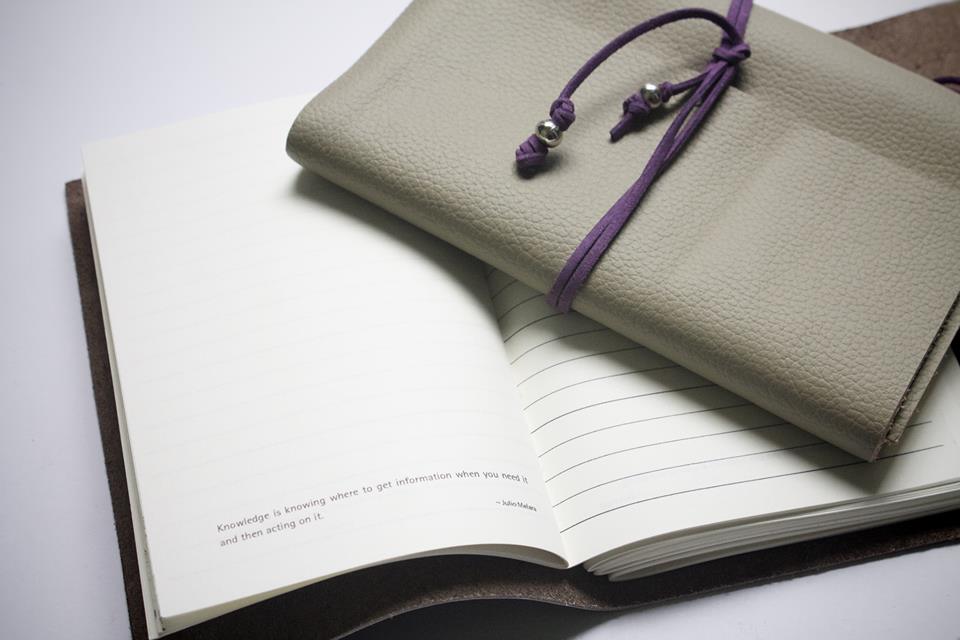If you’re in the business of healthcare (be it rehabilitation, counseling, therapy… to name a few) , you’re in the business of change.
In order for people to take back ownership of their life and overcome hardship – and believe me, only they can take that step – our clients need to undergo massive change.
We aren’t just talking about a change in “capacity” for our clients. It’s not a matter of just becoming well again.
It’s a about a change in mindset and a person’s sense of self, their capability and their sense that they have the choice and the ability to get their life back.
So how do we help that change happen? How do we help our clients create forward momentum when they are consumed by the past, the things that went wrong and the things that still aren’t working?
How do we ask people to creative a positive, forward-focused mindset when their mind – and really, this applies to all of us, injured, unwell or not – is naturally inclined to reflect on the bad, the shortcomings, and what’s not possible?
We gather evidence.
Particularly in my line of practice (rehabilitation), we are really good at gathering evidence. We gather evidence from doctors and specialists and anyone else who can confirm the facts and help us get to an understanding of capacity for our client.
This evidence is important… but this is not the evidence that creates change for our clients. Our clients don’t care so much about functional evidence – if that was the case then a capacity certificate signed by a doctor is all we would ever need. I could just hang up my hat and go home.
What our clients really care about is their own evidence.
This is the evidence that speaks about their own experience, the evidence that tells them what is or isn’t possible, and this is the evidence that either creates change or stifles it.
Here’s a (simple) example from the field of rehab:
–> A man is injured in motor vehicle accident. His mobility is impacted and he can’t do the job he had before he was injured.
–> This brings up feelings like anger, frustration, fear… to name a few…
–> What beliefs does this bring up? How about: “Bad things happen to me”, “I can’t control what happens to me” and “I’m no good anymore”
–> And what attitudes then come about? Perhaps “Why bother trying” or “People don’t hire people with disabilities” or “I have no power in this”
–> How does a person behave when they feel this way? Our clients’ actions are dictated heavily by their beliefs and attitudes around what has happened to them and the outcome. People then behave in ways that compound the issue, and keep them stuck. And so the cycle continues on again, and again, and again.
So how is a medical opinion – or reassurance and support from a trusted health professional – supposed to refute a person’s deep-rooted belief that they are damaged goods? Is external evidence really compelling enough for our clients to suddenly believe that they have what it takes?
In my experience the answer is no. A big one.
So I started helping my clients collect a new kind of evidence. Their evidence.

I created the Book of Evidence as a place for people to store the evidence from their own life of what they have achieved. It speaks to their own experience, in their own life, in the areas that matter to them.
It’s a place to keep words of thanks, to take note of the good that you have done, and to reflect on the progress you make each day in your own words, no matter how small.
This is the evidence from our clients’ every day lives that they might be ignoring – but it is the evidence that says “I am good enough” and “Hey – I did that”.
The transformation that I have seen people make after they started collecting meaningful evidence from their own lives about what IS possible, what they ARE capable of – in real, tangible terms…. well, it has been incredible.
Helping people focus on their evidence for their own capacity has a direct impact on how people behave and engage.
Could your client benefit from a new kind of evidence-based healthcare, too?
Click here to get your own Book of Evidence.
– Jo


